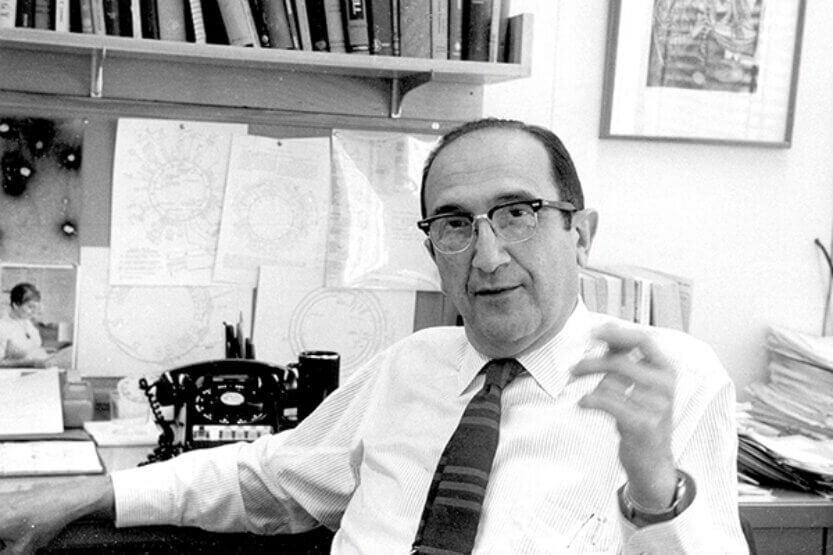
Ingenious: Eureka Moment
Salvador E. Luria’s breakthrough research on bacteria and genetics can be traced to a chance encounter on a stalled trolley in Rome during which he struck up a conversation with

Salvador E. Luria’s breakthrough research on bacteria and genetics can be traced to a chance encounter on a stalled trolley in Rome during which he struck up a conversation with
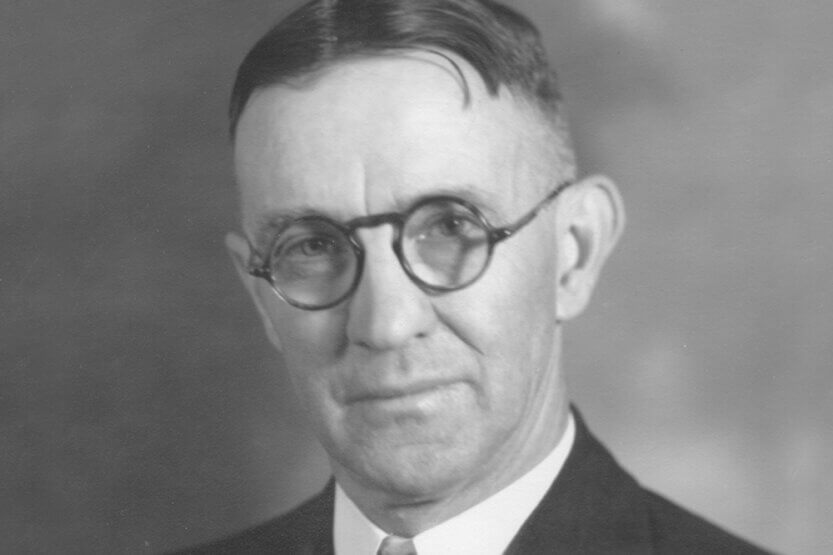
Victor E. Shelford has been called “the father of animal ecology” because he was one of the first scientists to study natural environments as communities of complex relationships among animals
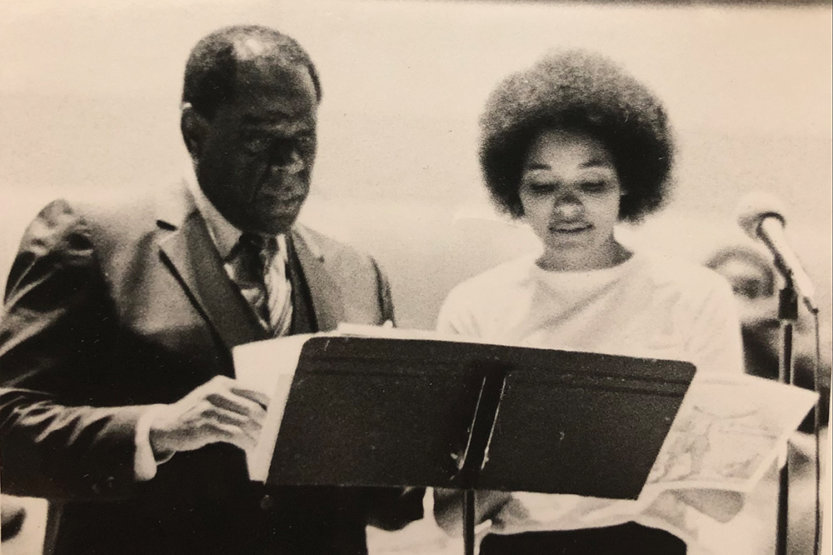
Ollie Watts Davis, MMUS ’82, AMUSD ’88, has been enamored with lighthouses ever since her childhood. Davis says she collects lighthouse statues because “they serve their singular purpose effectively. I
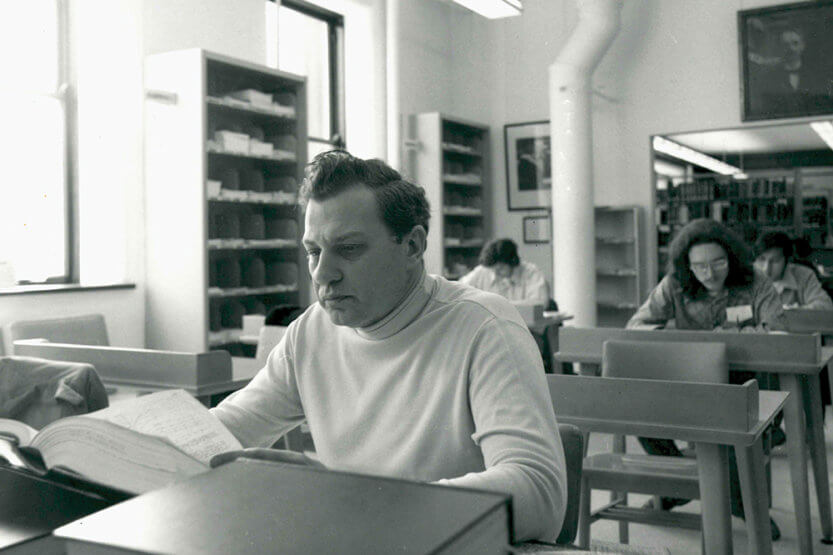
Rudolph A. Marcus’ world changed forever when he garnered the Nobel Prize for Chemistry in 1992. The honor “was an order of magnitude bigger than anything I had experienced—maybe two
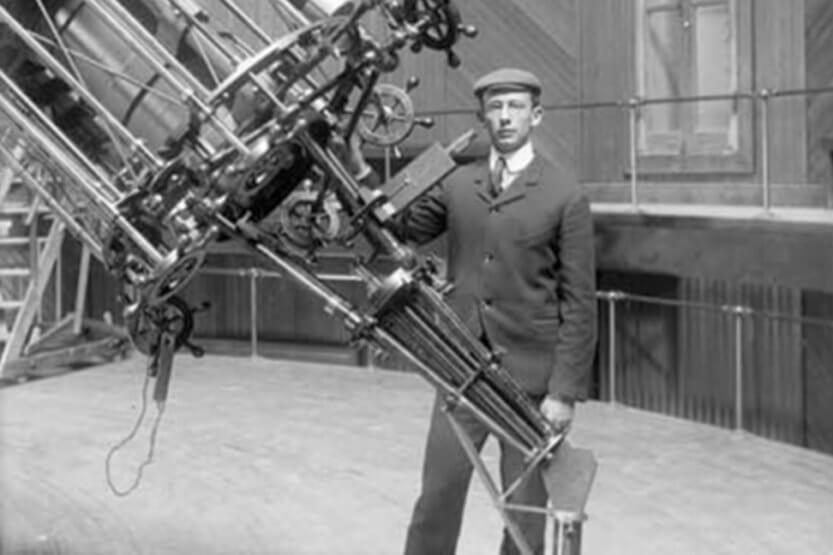
When Joel Stebbins began his astronomical research at the U of I in 1903, his new wife, May Louise, wasn’t happy that her husband spent so many evenings at the
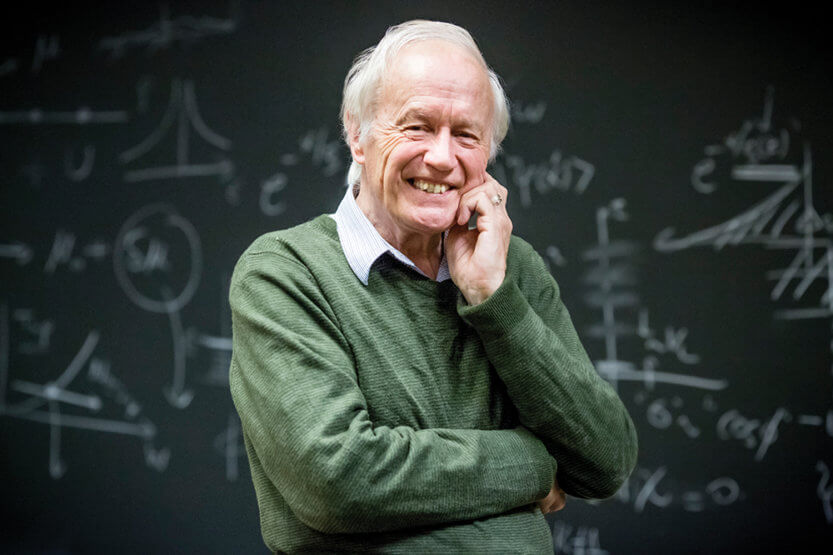
When University of Illinois physics professor Anthony Leggett was 7 years old, he had a fascination with digging holes in the family garden in Englefield Green on the outskirts of
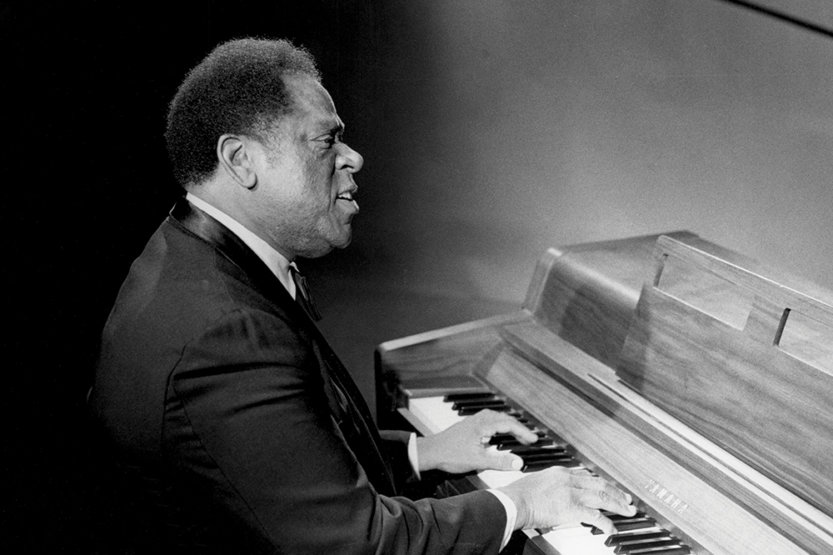
William Warfield was expecting a long day of recording, as he prepared to sing the iconic song “Old Man River,” for the classic MGM musical, Show Boat, in 1951. But
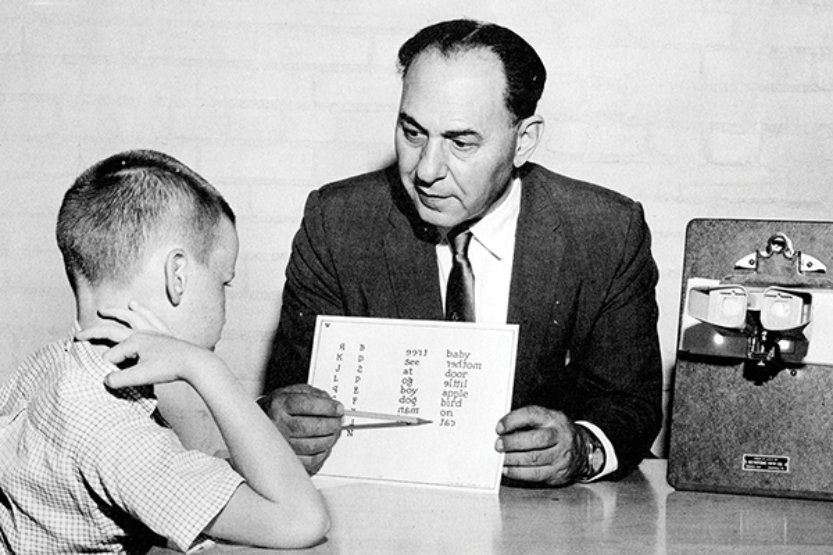
Samuel A. Kirk recalled that just before a 1963 conference in Chicago, a friend of his said, “We’re going to ask you to give us a term” to describe children
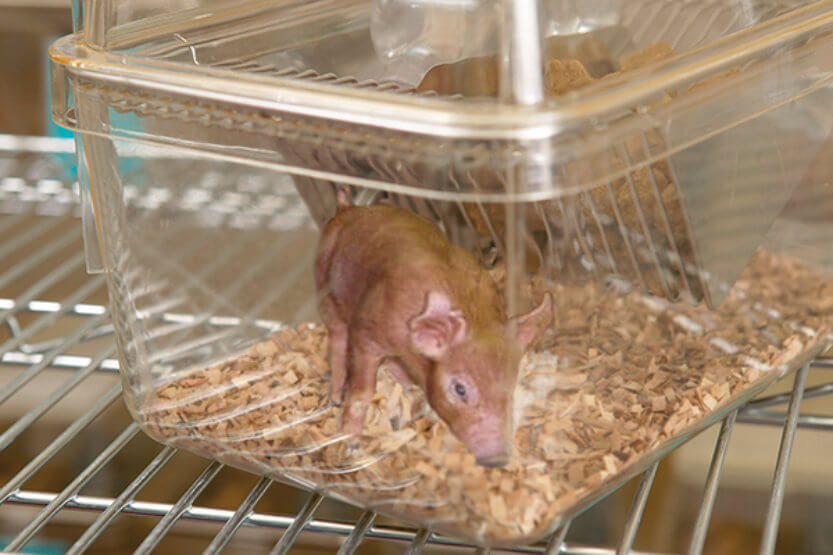
When it was announced in 2001 that the University of Illinois would lead the first efforts to sequence the pig genome, Animal Sciences Professor Lawrence Schook had a lab party
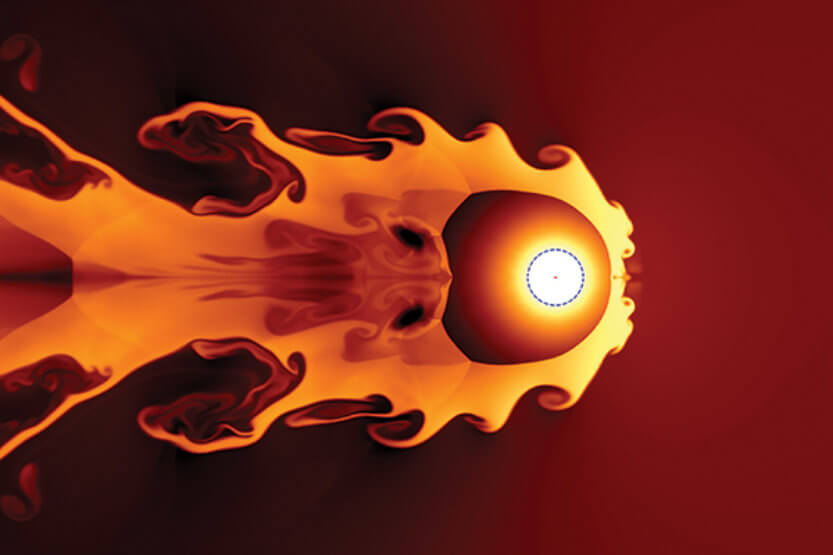
A new study led by U of I Astronomy and Physics Professor Brian Fields explores the possibility of astronomical activity leading to an extinction event that occurred 359 million years